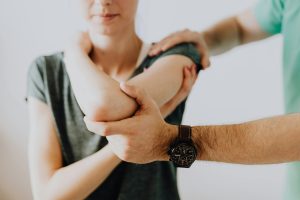 As an ophthalmologist, your career is built on trust, precision, and an unwavering commitment to patient care. However, since your patients are entrusting their eyesight to you — and, in some cases, their lives, especially when surgery is involved — it’s also possible for your actions to come under legal scrutiny and even result in criminal charges. These can arise from a range of situations, including billing disputes, prescription-related concerns, medical mistakes, or misunderstandings with patients or staff.
As an ophthalmologist, your career is built on trust, precision, and an unwavering commitment to patient care. However, since your patients are entrusting their eyesight to you — and, in some cases, their lives, especially when surgery is involved — it’s also possible for your actions to come under legal scrutiny and even result in criminal charges. These can arise from a range of situations, including billing disputes, prescription-related concerns, medical mistakes, or misunderstandings with patients or staff.
In California, several penal code sections directly or indirectly apply to licensed medical professionals. Let’s take a look at some of the more common statutes under which ophthalmologists could be charged.
Insurance Fraud (Penal Code §550)
 Los Angeles Criminal Defense Attorney Blog
Los Angeles Criminal Defense Attorney Blog










